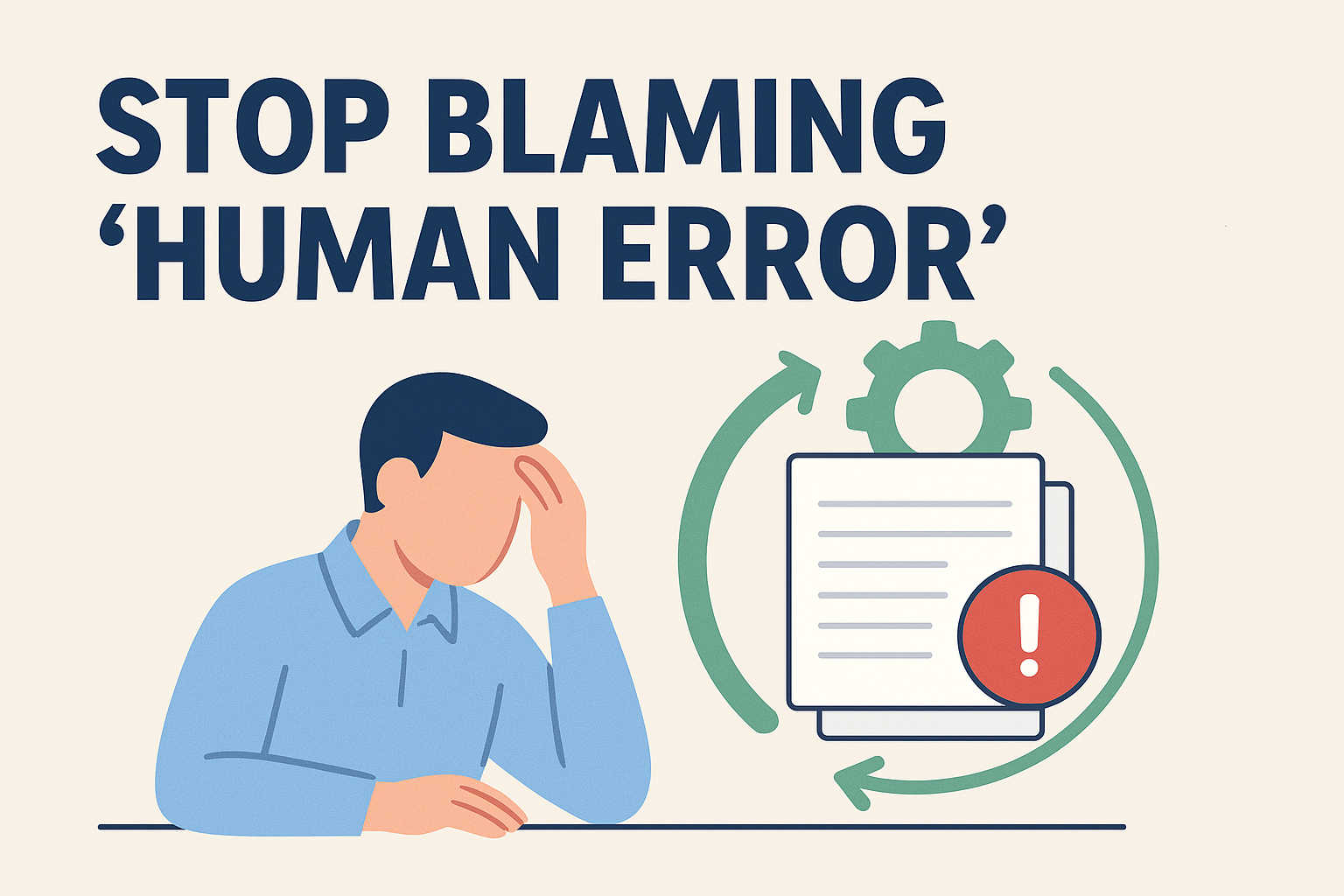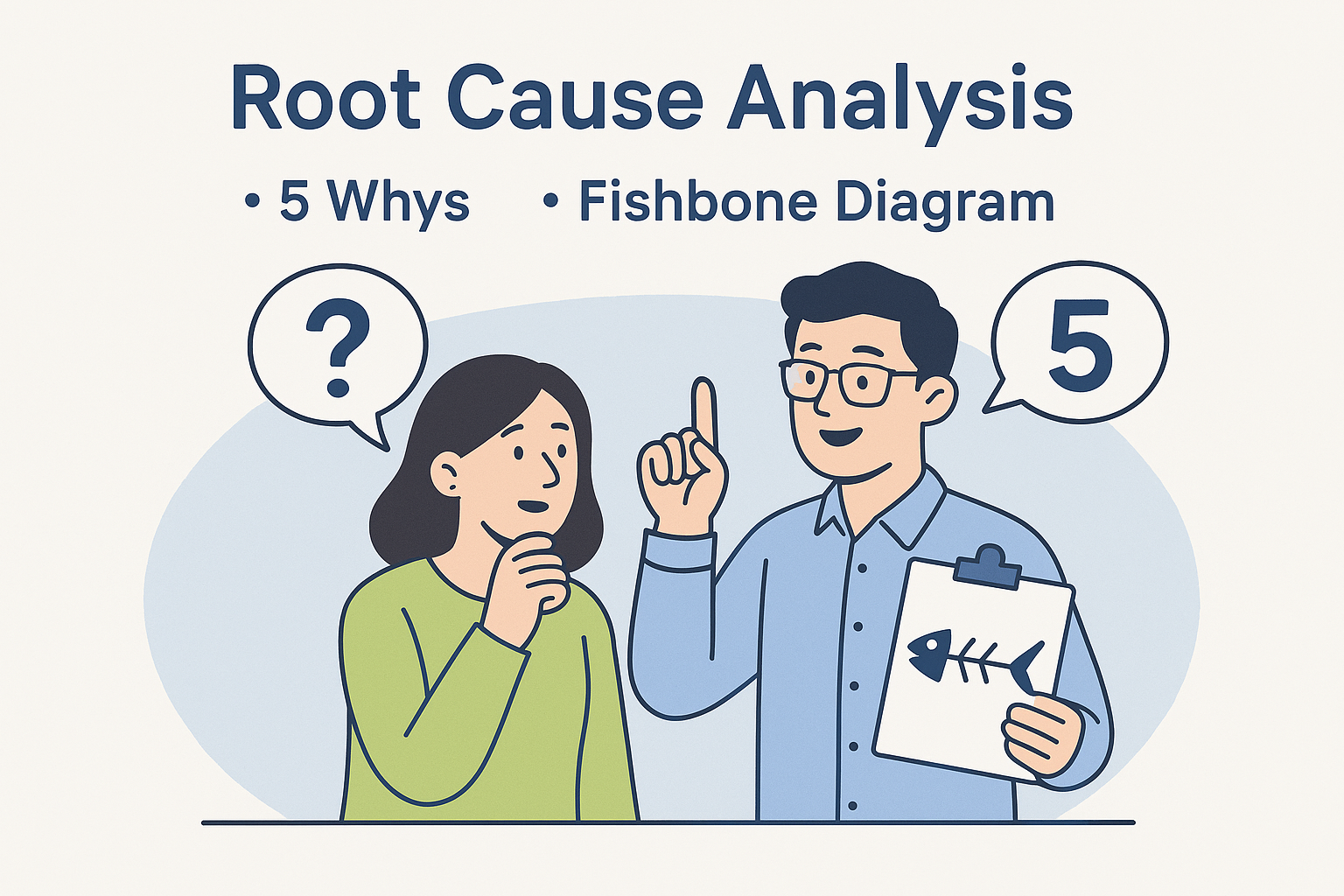Mohamad-Ali Salloum is a Pharmacist and science writer. He loves simplifying science to the general public and healthcare students through words and illustrations. When he's not working, you can usually find him in the gym, reading a book, or learning a new skill.
Procrastination: Causes, Types, and Strategies for Management
Share
Procrastination is the act of delaying tasks or decisions despite knowing that it will lead to negative consequences. It’s a common human behavior, affecting approximately 20% of adults. But why do we procrastinate, and how can we overcome it?
Let’s explore the science behind it.
I. Causes of Procrastination
- Temporal Discounting: Our brains tend to prioritize immediate rewards over long-term benefits. We choose short-term pleasure (like watching cat videos) over long-term goals (like writing a report).
- Emotional Regulation: Procrastination often stems from our inability to manage negative emotions associated with tasks. We avoid discomfort by postponing work.
- Task Complexity: Daunting or complex tasks trigger anxiety, leading us to delay them. The brain seeks comfort in simpler, familiar activities.
- Low Self-Regulation: Procrastinators struggle with self-control, impulsivity, and time management.
II. Types of Procrastination
- Active Procrastination: Some individuals thrive under pressure. They delay tasks but perform well when deadlines approach. It’s like a sprinter who accelerates at the last lap.
- Passive Procrastination: This is the classic form. People avoid tasks until they become urgent. It’s akin to a student cramming for an exam the night before.
- Decisional Procrastination: Difficulty making choices leads to indecision. We postpone decisions to avoid potential regret.
- Avoidant Procrastination: Fear of failure or perfectionism drives avoidance. We’d rather not attempt a task than risk falling short.
Which one are you??😁
III. Consequences of Procrastination
1. Mental Health and Procrastination:
- Correlation with Depression, Anxiety, and Stress:
- Procrastination often exacerbates mental health challenges. When we delay tasks, we experience increased stress due to looming deadlines and the pressure to catch up.
- Anxiety arises from the uncertainty of completing tasks on time, leading to a cycle of avoidance and heightened worry.
- Depression can result from feelings of inadequacy, guilt, and self-criticism associated with procrastination.
- Mechanisms:
- Procrastination disrupts our emotional regulation. We avoid tasks that trigger negative emotions, perpetuating distress.
- The “temporal discounting” effect occurs when we prioritize immediate gratification (e.g., leisure) over long-term goals (e.g., work).
- Interventions:
- Cognitive-behavioral strategies help address underlying beliefs and thought patterns.
- Breaking tasks into smaller, manageable steps reduces overwhelm.
- Mindfulness practices enhance self-awareness and reduce impulsive behavior.
2. Physical Health and Procrastination:
- Sleep Quality:
- Procrastination disrupts sleep patterns. Anxiety about unfinished tasks can lead to insomnia.
- Poor sleep affects cognitive function, mood, and overall well-being.
- Physical Inactivity:
- Procrastination often involves sedentary activities (e.g., scrolling through social media) instead of active pursuits.
- Regular physical activity improves mental health and overall vitality.
- Disabling Arm Pain:
- Prolonged computer use during procrastination can strain muscles, leading to conditions like repetitive strain injury (RSI).
- Ergonomic adjustments and breaks are crucial to prevent RSI.
3. Economic Impact and Procrastination:
- Productivity Loss:
- Delayed work reduces productivity. Tasks accumulate, leading to rushed, suboptimal outcomes.
- Procrastination hinders creativity and problem-solving.
- Financial Stability:
- Missed deadlines affect income (e.g., freelance work, project completion).
- Long-term financial planning suffers when we avoid necessary tasks (e.g., budgeting, investment decisions).
IV. Strategies for Overcoming Procrastination
1.Structured Planning and Goal Setting:
- Break down tasks into smaller, manageable steps. Set specific deadlines for each subtask. For instance, if you’re writing a report, divide it into researching, outlining, drafting, and editing stages.
- Use the SMART (Specific, Measurable, Achievable, Relevant, Time-bound) criteria when setting goals. This clarity helps maintain focus.
2.Time Blocking:
- Allocate dedicated time blocks for specific tasks. The Pomodoro Technique is a popular approach: work intensely for 25 minutes, then take a 5-minute break. Repeat this cycle.
- During work intervals, eliminate distractions (e.g., turn off notifications, close unrelated tabs).
3.Self-Compassion and Positive Self-Talk:
- Be kind to yourself. Acknowledge that everyone faces challenges with productivity.
- Replace negative self-talk (e.g., “I’m lazy” or “I’ll never finish this”) with positive affirmations (e.g., “I can do this” or “Progress, not perfection”).
4.Mindfulness and Present Moment Awareness:
- Practice mindfulness techniques to stay present and non-judgmental. Mindfulness reduces anxiety and helps you tackle tasks without feeling overwhelmed.
- When you catch yourself procrastinating, gently redirect your focus to the task at hand.
5.Accountability Partners:
- Share your goals with someone who can hold you accountable. It could be a friend, family member, or coworker.
- Regular check-ins or progress updates create a sense of responsibility.
6.Visualize Completion and Reward Yourself:
- Imagine the satisfaction of completing a task. Visualize the positive outcomes.
- Set up small rewards for achieving milestones. For example, after finishing a section of your project, treat yourself to a short break or a favorite snack.
V. My Own Experience with Procrastination!
As a pharmacist, I’ve faced my fair share of procrastination. One particular university project for my Master's Degree in Clinical Research and PharmacoEpidemeology—the effect of a cancer medication on a certain type of breast cancer patients—became my own Mount Everest. It loomed over me, half-written, like an elusive prescription waiting to be filled.
Here’s how my procrastination unfolded:
- Fear of Inadequacy: The blank Word document seemed to whisper, “What if your analysis misses something crucial?” I’d rather delay than risk an incomplete or flawed paper.
- Perfectionism Strikes Again: I’d obsess over each sentence, trying to find the perfect wording. But perfectionism is like a stubborn side effect—it hinders progress.
- Lack of Accountability: No one was eagerly awaiting my findings. No deadlines loomed. It was just me, my data, and the ticking clock.
But then, I applied some pharmacy-inspired strategies:
- The “Dose” Approach: I broke down the paper into smaller sections—like administering a medication in divided doses. Each day, I tackled a specific aspect: introduction, methods, results, and discussion.
- Consulting My “Colleagues”: I shared my progress with a fellow researcher. Suddenly, I had someone asking, “How’s the paper coming along?” It was my accountability prescription.
- Visualizing Publication: I pictured my research published in a reputable journal. That mental image motivated me to keep writing, even when the data felt overwhelming.
And so, bit by bit, I filled in the gaps, cited the references, and crafted coherent sentences. Imperfect progress, but progress, nonetheless.
At the end, my thesis was not published because i only had 75 patient cases instead of 100 patients 🤦♂️
But hey, at least i got my Master's Degree 💆♂️
Remember, these techniques require practice and consistency. Start with one or two that resonate with you, and gradually incorporate more. Overcoming procrastination is a journey, but with persistence and self-awareness, you can build productive habits. 🌟
VI. Conclusion
Procrastination affects our well-being, but understanding its causes and employing effective strategies can help us overcome it. Remember, even the most chronic procrastinators can change their habits with persistence and self-awareness.
References:
- Johansson, F., et al. (2023). Procrastination may harm your health. JAMA Network Open, 6(1), e2301231
- Sirois, F. M. (2019). Procrastination and stress: Exploring the role of self-compassion. Self and Identity, 18(2), 127-1442
List of Services
ABOUT THE AUTHOR
Mohamad-Ali Salloum, PharmD
Share
Recent articles:





















